A little cooking mistake can lead to tough meat, spoiled food, and even a bacterial explosion in your kitchen if you're not careful. These five simple, easy-to-fix kitchen mistakes are some of the most commonly made in households around the world. Luckily, you can correct these innocent errors with just a few minor tweaks.
1. You're Not Opening Your Bananas the Right Way
I opened my bananas the inefficient way until I had my own kids. It wasn't until I watched my mother correcting my oldest child's banana-opening technique that I realized I had somehow missed my own lesson growing up.
In the Western world, most people open their bananas from the stem side. When the bananas are ripe, it's pretty easy this way. However, if you open your banana from the other side, then you can hold the small stem as a handle and enjoy the entire banana with little fuss and muss.
If the banana is anything but very ripe, then opening from the non-stem side is the easiest and least messy way to open the banana. It's also apparently the way that monkeys (banana experts, if you will) open their bananas; watch the video below for an eye-opening tutorial.
If you need banana slices as a dessert topping or a crepe filling, then try the following banana hack to expose the entire length of the fruit.
You can also learn how to easily peel potatoes, hardboiled eggs, garlic, and oranges with our guide. If you feel like dazzling your friends, you can learn how to peel a whole bag of potatoes in under a minute.
2. You Put Your Good Knives in the Dishwasher
Dishwashers are wonderful inventions. If you don't appreciate how time-saving they are, then talk to someone that doesn't have one. A dishwasher is a convenient, space-saving device that even conserves water if you only run full loads.
But you shouldn't put your sharp, good knives in your dishwasher. If you do, then your knives will knock around and bounce against other utensils and dishes. This can dull the blades. So use and appreciate your dishwasher for its convenience, but wash your good knives by hand (you can take the extra step of sanitizing them, too, to be super thorough) and then immediately dry them with a hand towel.
Check out the video from Stella Culinary for tips on how to clean your knives thoroughly and safely.
If you want to keep your knives in tip-top shape, be sure to read our guide on the best ways to keep 'em sharp, plus learn why carbon steel knives are what the pros favor.
3. You Don't Know the Difference Between Boiling & Simmering
Both boiling and simmering are part of everyday cooking, whether you're making soup, pasta, or a meaty stew. But most people don't actually know the difference between a rolling boil and a simmer, even though you can find those directives in most recipes.
During simmering, there are fine bubbles which break the surface of your cooking liquid, but there are only wisps of steam. The simmering temperature is slightly below water's boiling point, or between 180–200°F (88–93°C) at sea level. During boiling, small and large bubbles constantly break the surface and there is constant steam. The water is at its "boiling point," which is 212°F (100°C) at sea level.
Not turning down the heat enough when making a braise or a stew will lead to tough meat, since long simmering is what breaks down the connective tissue in your braised beef or roast. But turning down the heat too much and simmering instead of boiling is also a mistake if you're making something like pasta—your rigatoni will turn out gummy without the agitation that it gets from a good boil.
Simmer braises, roasts, stews, broths, and root vegetables.
Boil pasta and green vegetables.
4. You Store Your Onions & Potatoes Together
It's tempting to put onions and potatoes together into a basket on your counter since conventional wisdom says that you shouldn't store them in the refrigerator. But even though potatoes should not be refrigerated since the cold adversely affects how they taste, you shouldn't throw them together with onions in a bowl.

Naomi Imatome-Yun/Food Hacks
Potatoes do best in a cool, dark place, and they should be separated from other fruits and vegetables because they emit gases that can cause other foods to rot. Depending on where you live and what season it is, the counter may be too warm for keeping potatoes. And you should never store your potatoes with your onions, as the moisture and gases coming from the potatoes will cause the onions to sprout and rot faster.
Store onions in a mesh basket or bag since they do best with some airflow; store your potatoes in a paper bag in your dark, cool pantry.
There are more tricks to storing your fruits and veggies so they have a long, healthy life. Check out our guides on which ones to keep together and keep apart and what produce should go in your fridge or stay outside.
5. You Rinse Off Your Chicken Before You Cook It
In most vintage recipes, the instructions usually include washing or rinsing off your chicken before you cook it. But now the FDA strongly advises against this traditional practice: it turns out that rinsing raw chicken and other poultry spreads bacteria through water droplets all around your kitchen.
If you want to rinse off blood, bone fragments, or any slimy juices, then it's probably best to just blot or wipe them off with a damp paper towel. Find more chicken-washing guidelines in our full guide.










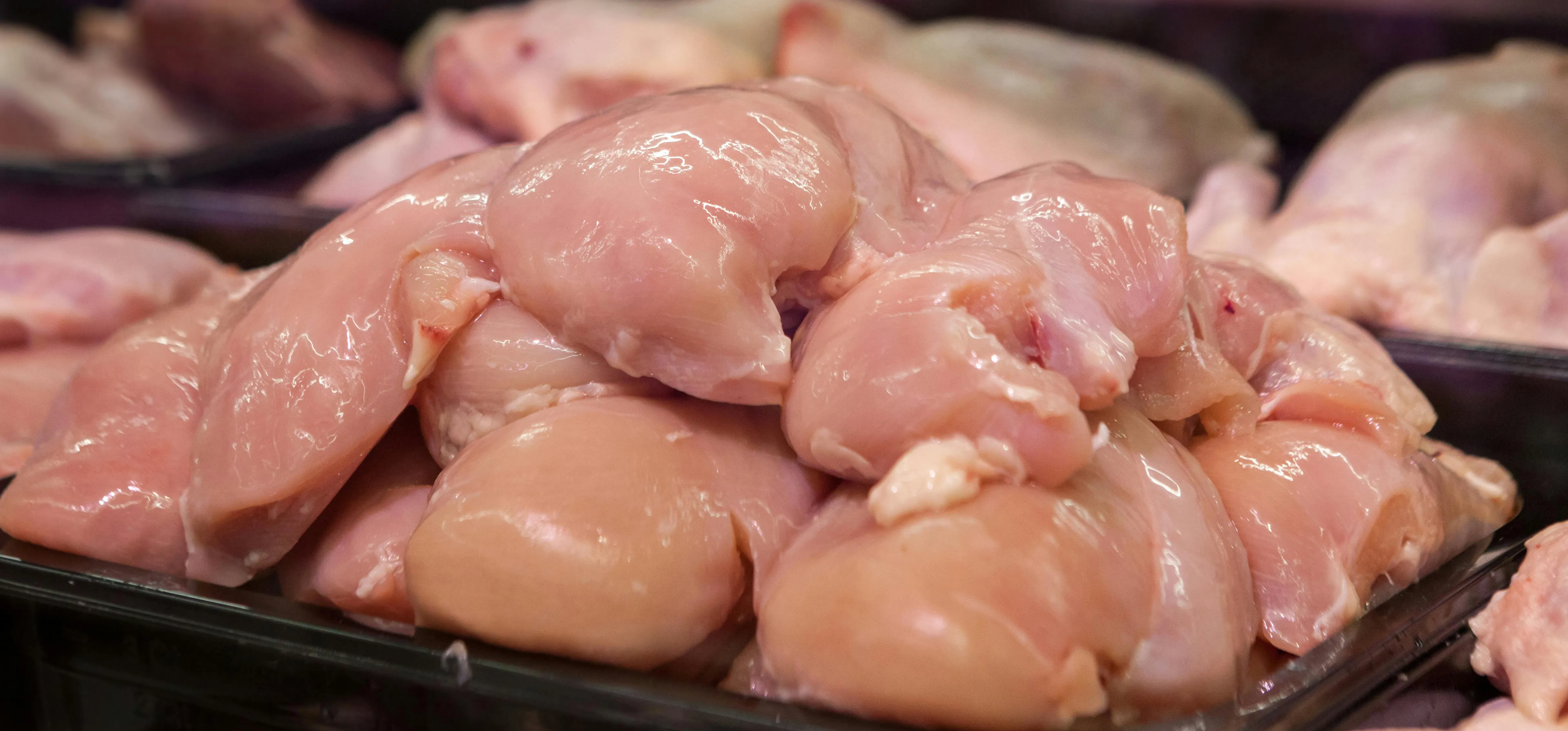
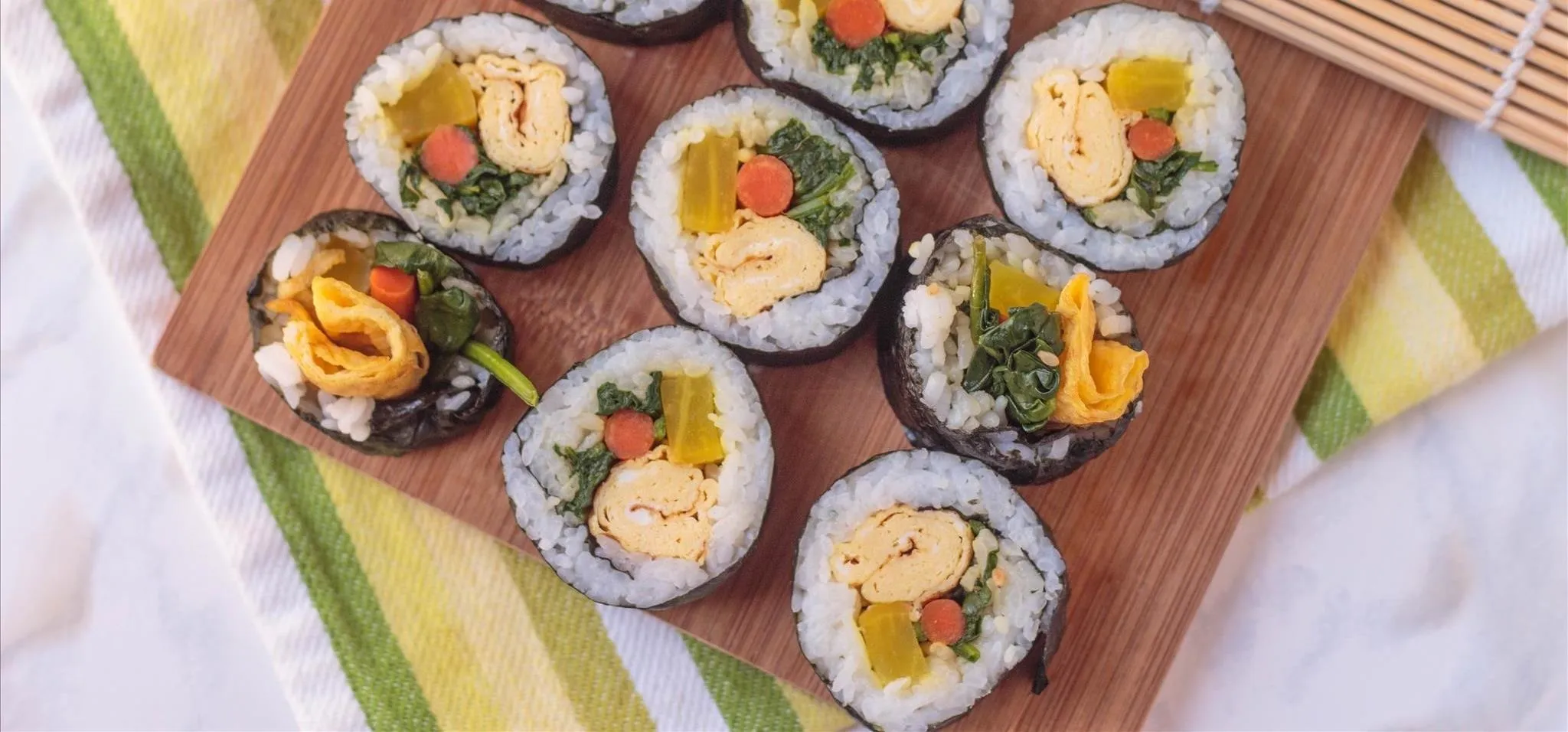
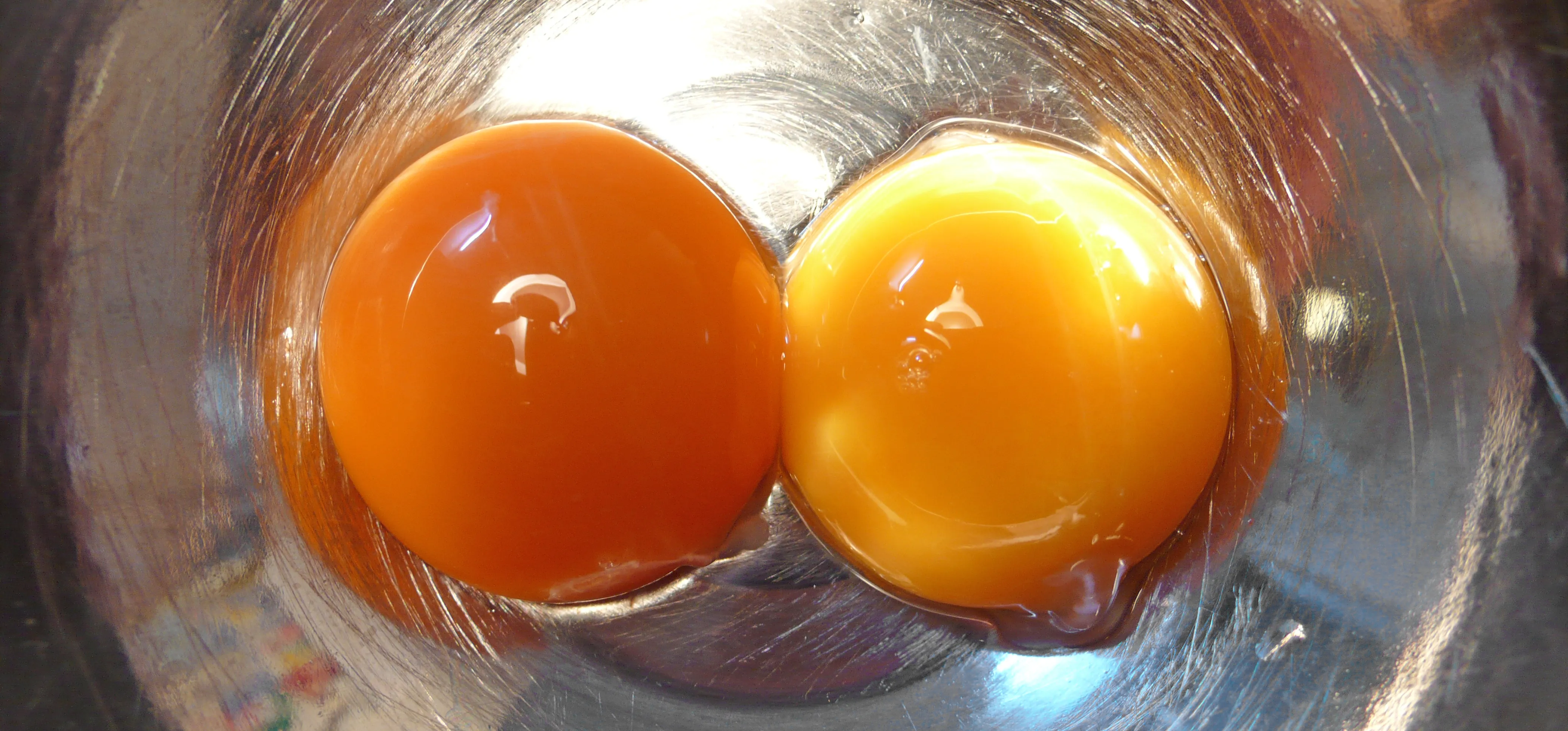
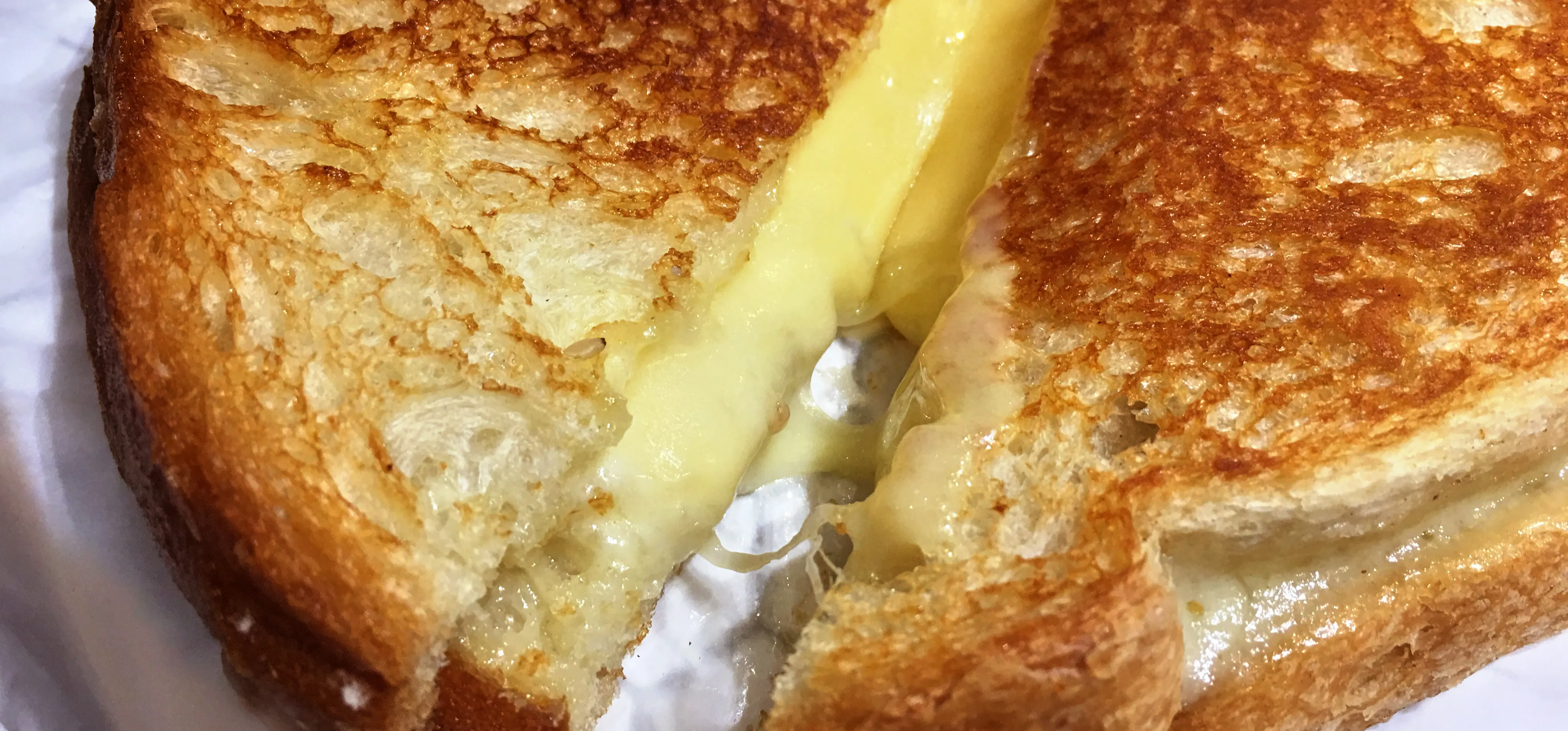
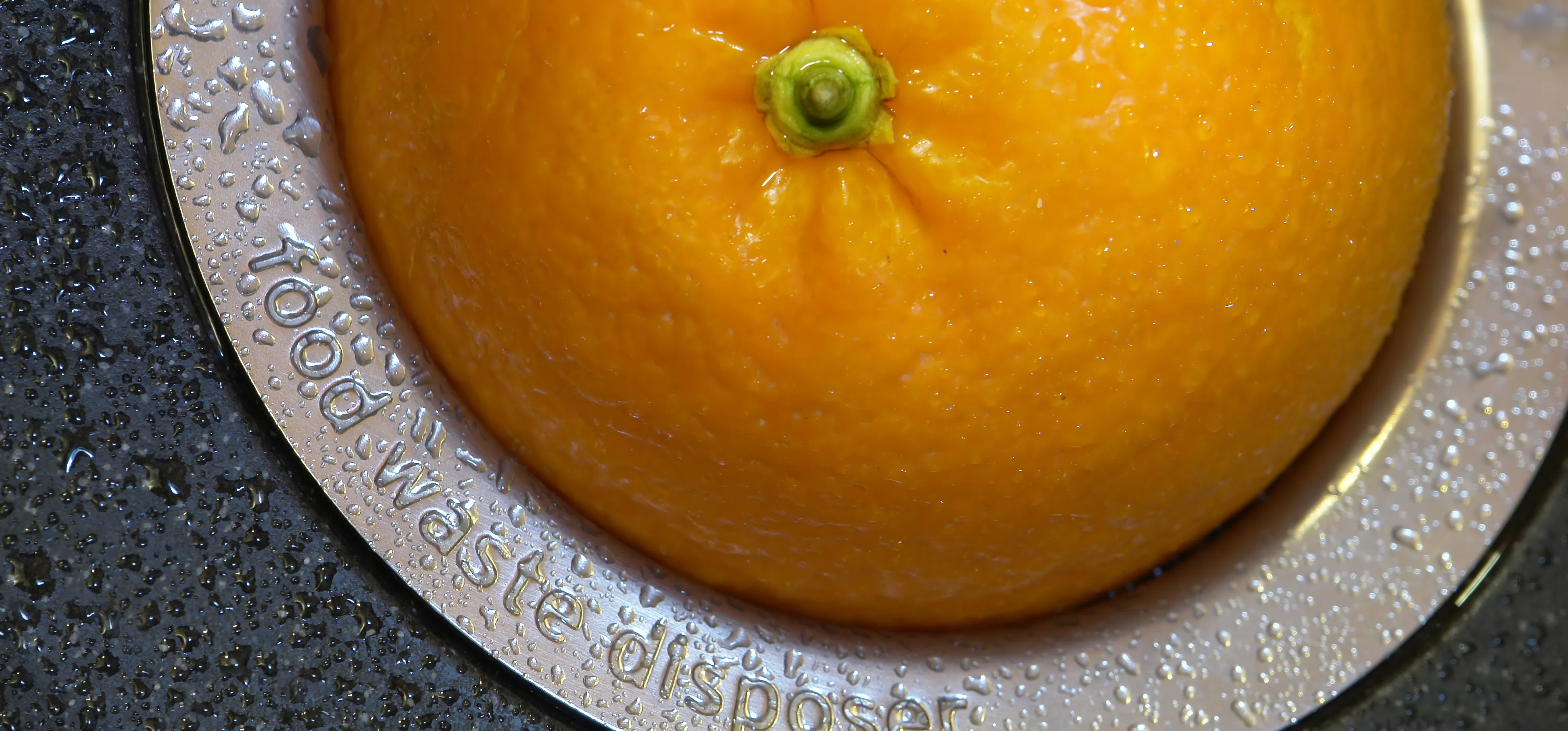
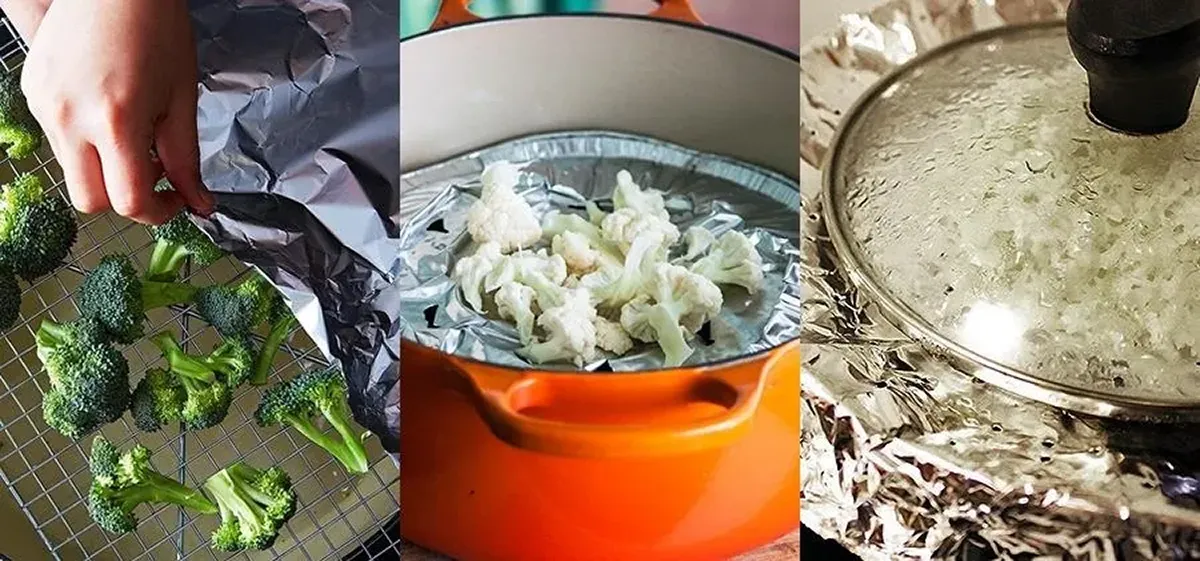
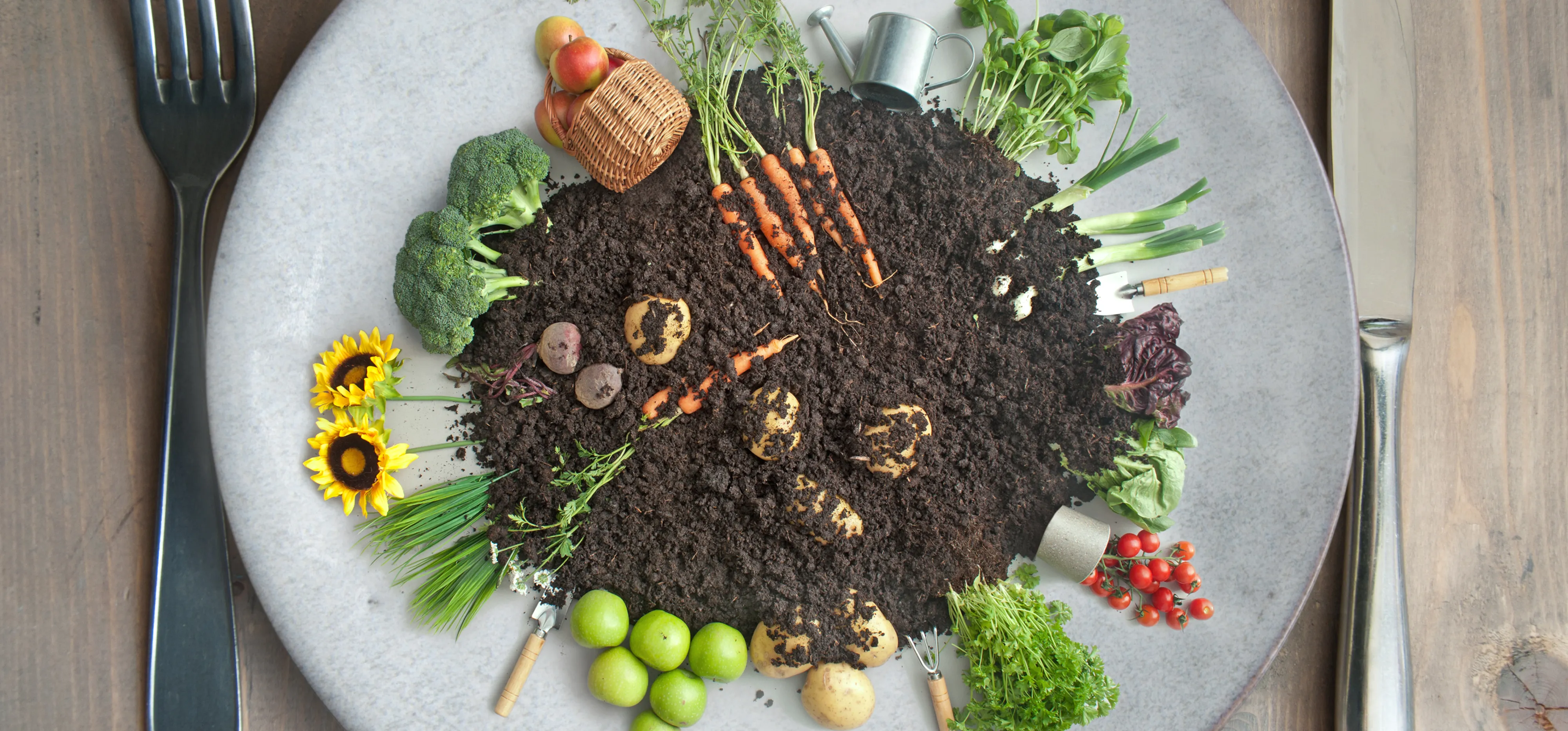
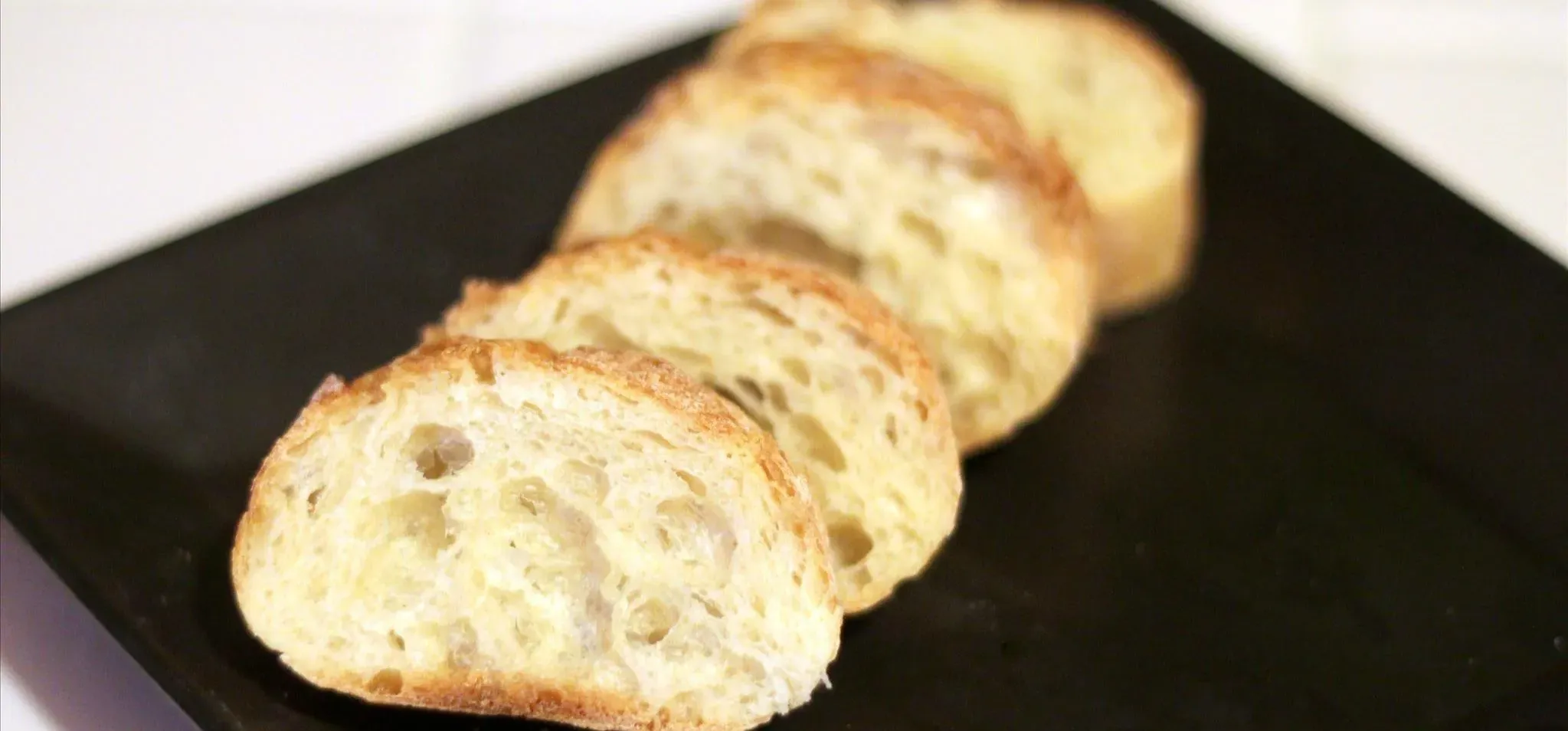



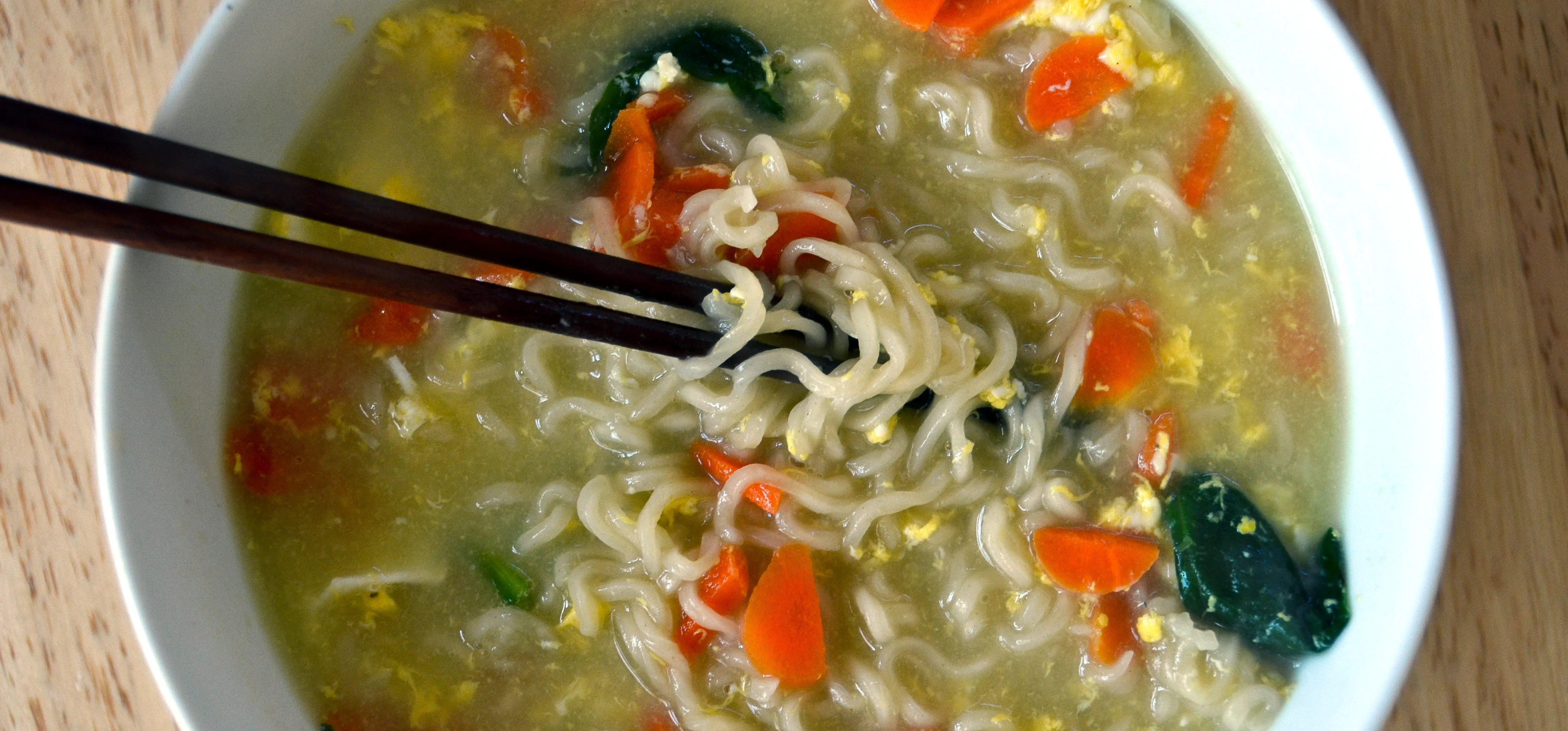



Comments
Be the first, drop a comment!